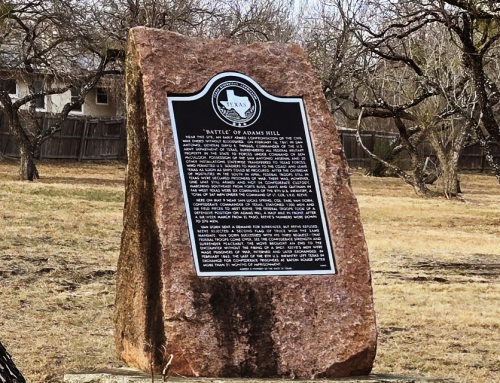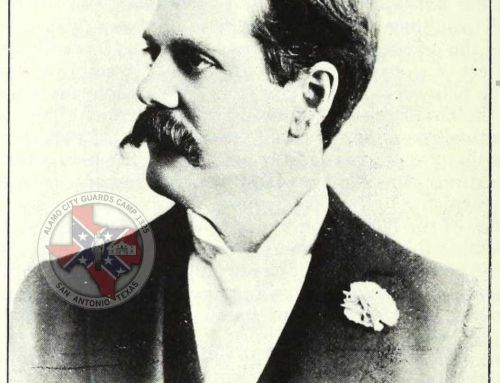Refuting the Proposed Bylaw: The Case Against Excluding Felons from Brigade and Division Officer Positions
The proposal to make it illegal for individuals with a felony conviction to hold an officer position at the brigade and division levels within our organization is not only unnecessary but also counterproductive. Here are several compelling reasons why this bylaw should be rejected:
1. Existing Mechanisms for Oversight
The existing bylaws, particularly sections 7.9 and 5.10, already provide robust mechanisms to ensure the integrity and suitability of officers. Section 7.9 clearly states that all questions affecting the election, eligibility, and conduct of Division Officers are referred to and determined by the Division Executive Council. Additionally, the General Executive Council holds the final authority over these matters. This hierarchical structure ensures that any concerns about an officer’s eligibility, including a criminal record, can be thoroughly evaluated and addressed.
2. Undermines the Principles of Rehabilitation and Redemption
Our justice system is founded on the principles of rehabilitation and redemption. By categorically excluding individuals with felony convictions from leadership positions, we are essentially saying that we do not believe in the possibility of reform and second chances. This stance is particularly hypocritical considering that many felonies can result from circumstances beyond an individual’s control or youthful indiscretions that they deeply regret and have since moved past.
Consider the cases of public figures like Tim Allen and Dinesh D’Souza. Tim Allen, now a beloved actor and comedian, was convicted of drug trafficking in 1978. Despite this serious felony, he turned his life around and became a highly respected figure in the entertainment industry. Similarly, Dinesh D’Souza, a well-known author and political commentator, was convicted of campaign finance violations. He has since continued to contribute significantly to public discourse. These examples demonstrate that a past felony does not preclude someone from achieving great things and contributing positively to society.
3. Distrust in the Prison Reformatory System
Implementing such a bylaw implicitly suggests a distrust in the prison reformatory system. If we believe that the system is capable of rehabilitating individuals, then we must also believe that these individuals can become productive and trustworthy members of our organization. Disqualifying them from leadership roles based solely on their past undermines the entire premise of rehabilitation.
4. Unnecessary Financial Burden
Mandating criminal background checks for all officer candidates introduces an unnecessary financial burden. Conducting these checks for dozens of officers and potential officers can be substantial, diverting funds away from more impactful initiatives. Estimates suggest that background checks can cost between $20 and $100 per individual. If we consider a pool of 50 candidates, the costs could range from $1,000 to $5,000, not including administrative expenses. This process would add layers of bureaucracy, complicating the election process and potentially discouraging qualified individuals from stepping forward to serve.
5. Penalizing the “Unexcused” Past
A blanket ban on individuals with felony convictions fails to consider the nature and circumstances of the offense. For example, it is a felony to fail to register for Selective Service. Such a crime, often resulting from oversight or lack of knowledge, does not reflect a person’s character or ability to lead. By not allowing for case-by-case evaluations, we risk excluding individuals who are otherwise fully capable and committed to our values and mission.
6. Membership Autonomy
Section 5.10 of our bylaws emphasizes that each Division shall be the judge of its own membership, subject to the restrictions of the Constitution and Standing Orders. This autonomy is crucial for maintaining the integrity and diversity of our leadership. Imposing a top-down, blanket restriction on felons would undermine this autonomy and could lead to divisions within our ranks.
Conclusion
In conclusion, the proposed bylaw to exclude individuals with felony convictions from holding officer positions at the brigade and division levels is unnecessary and counterproductive. The existing bylaws provide sufficient mechanisms for assessing and addressing any concerns related to an officer’s background. Furthermore, this proposal contradicts the principles of rehabilitation, places an undue financial burden on the organization, and fails to respect the autonomy of our divisions.
We should focus on assessing candidates on their current merits, character, and contributions to the organization rather than their past mistakes. By doing so, we uphold the values of fairness, redemption, and trust in our justice system, ensuring a more inclusive and equitable organization.






